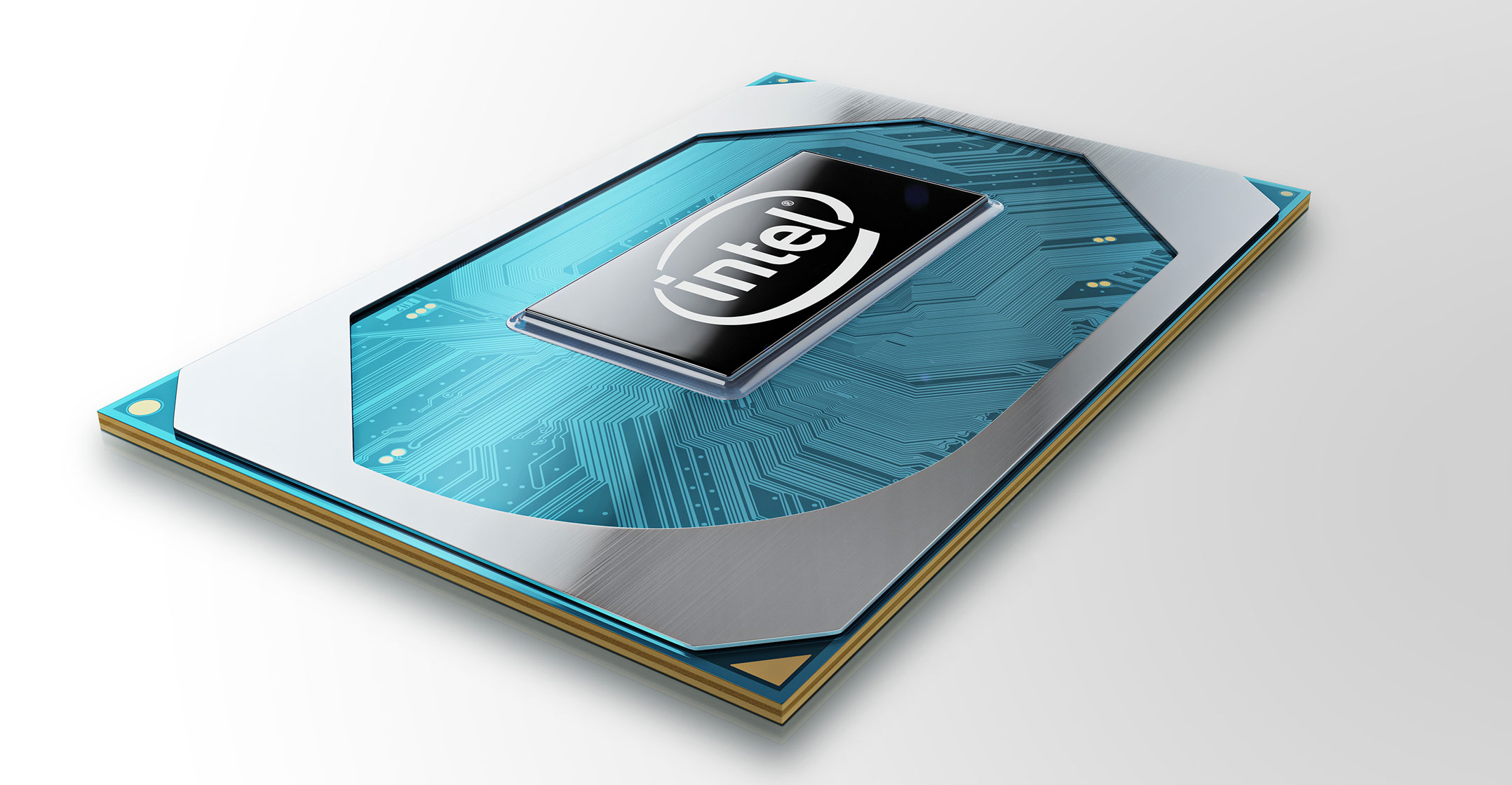 Intel is trying to sell its new laptop chips in an old way — by emphasising their speed. The world’s biggest chip maker is touting the clock speed of its new H line of processors, citing their ability to process data at more than 5GHz, or five billion cycles a second.
Intel is trying to sell its new laptop chips in an old way — by emphasising their speed. The world’s biggest chip maker is touting the clock speed of its new H line of processors, citing their ability to process data at more than 5GHz, or five billion cycles a second.
“Frequency is the thing we’ve optimised for,” said Fredrik Hamberger, an Intel GM. “These are the first mobile processors to break 5GHz.”
Laptops based on these new 10th-generation Core design chips will start to appear in April. The top-of-the-range part can count as fast as 5.3GHz when operating in “Turbo Boost” mode, Intel said. That targets gamers and professional content creators who often influence what is considered the best PC hardware.
The new products are being rolled out as Intel faces rising threats to its industry leadership. Smaller rival AMD started fielding more competitive chips about two years ago.
Intel pioneered the sale of processors based on clock speed. In 2001, then company president Paul Otellini promised Intel’s Pentium design would scale all the way to 20GHz. But the company’s engineers underestimated how much power was needed, and how much heat would be generated by such chips.
As the new century progressed, laptops became more popular, and those slim designs couldn’t handle power-hungry, hot processors as well as desktop machines. So Intel and the industry started making multi-core semiconductors that combined several processors into one. Performance was now measured by the ability to run different workloads at the same time, rather than pure speed.
More cores
AMD sells new processors that have more cores than Intel chips, garnering praise from gamers and PC reviewers. That’s helped the smaller company take market share from Intel.
Intel has also struggled to maintain its lead in manufacturing technology. AMD outsources manufacturing to specialists such as TSMC, which has production technology that is well ahead of Intel’s.
The new H range of Intel chips are made with 14-nanometre production technology. The company originally planned to upgrade to 10nm in 2017, but that is only beginning to happen in mass volume this year. AMD’s latest processors use TSMC’s 7nm capabilities.
 Intel says most videogames don’t take advantage of multi-core chips and are best served by higher clock speeds. Some 60% of the new models in the H range will be capable of hitting that 5GHz mark or higher, it said. That speed is only achieved in short bursts on limited numbers of cores, or just single cores in a “turbo” mode that shuts down other cores.
Intel says most videogames don’t take advantage of multi-core chips and are best served by higher clock speeds. Some 60% of the new models in the H range will be capable of hitting that 5GHz mark or higher, it said. That speed is only achieved in short bursts on limited numbers of cores, or just single cores in a “turbo” mode that shuts down other cores.
The base rate, the normal operating speed of the chips, is between 2GHz and 3GHz, where most of the industry’s products have been for more than a decade. — Reported by Ian King, (c) 2020 Bloomberg LP




